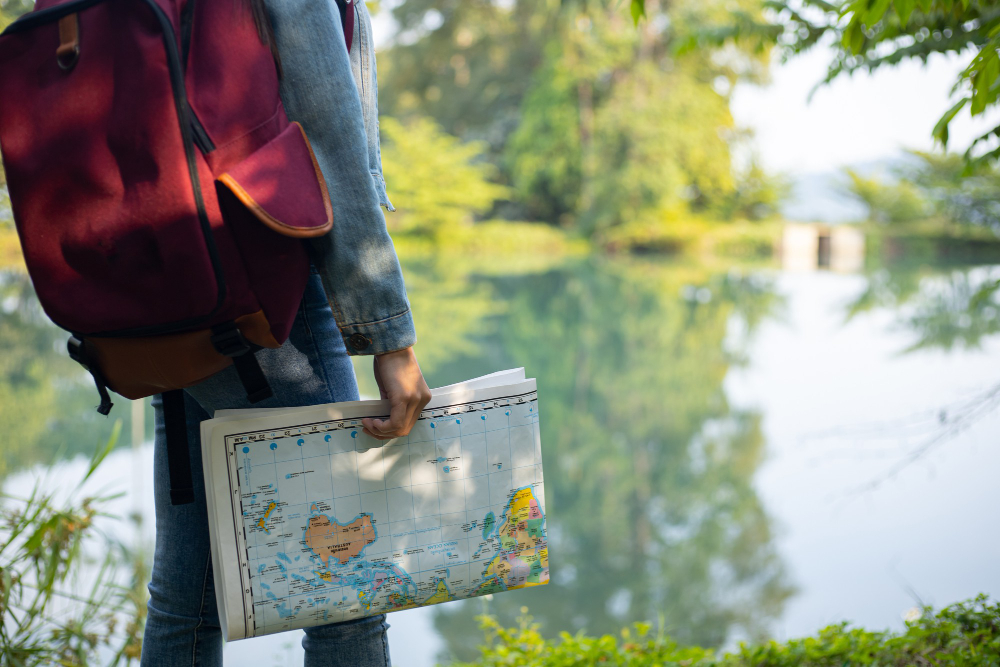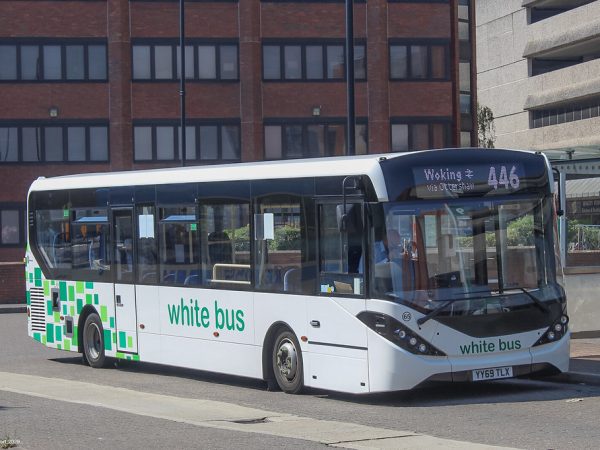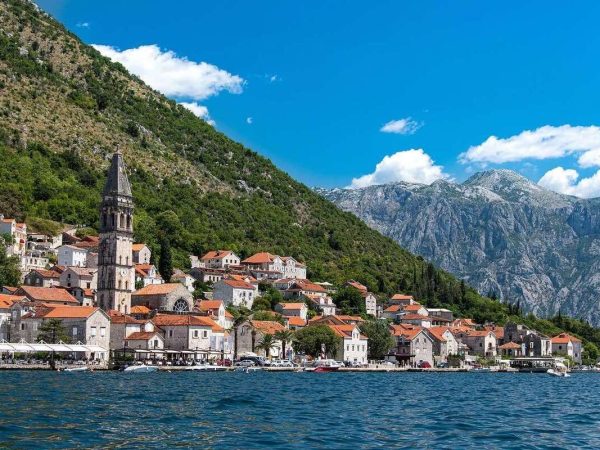Roaming the World: Tales of Travel and Discovery

In the vast expanse of our planet, countless stories of travel and discovery have unfolded over centuries, weaving a tapestry of adventure, enlightenment, and cultural exchange. From ancient explorers charting uncharted waters to modern wanderers seeking unique experiences, the tales of roaming the world have left an indelible mark on history and our understanding of the globe. This article delves into some captivating narratives of exploration and discovery, highlighting their significance and the enduring allure of embarking on a journey into the unknown.
Ancient Explorers: Charting the Uncharted
Long before the age of modern technology and GPS navigation, intrepid adventurers embarked on perilous journeys to discover new lands and unravel the mysteries of distant shores. One such notable explorer was Marco Polo, whose travels through the Silk Road during the 13th century brought him face to face with the marvels of the East. Polo’s writings not only provided Europe with a window into the opulent realms of the Mongol Empire but also ignited a fascination for the unexplored corners of the world.
Centuries earlier, the Polynesian people displayed extraordinary navigational skills as they traversed the vast Pacific Ocean, guided only by the stars, currents, and the flight patterns of migratory birds. These ancient mariners settled remote islands like Hawaii and New Zealand, showcasing the symbiotic relationship between human curiosity and the forces of nature.
The Age of Discovery: New Horizons and Cultural Exchange
The Age of Discovery, spanning the 15th to the 17th centuries, ushered in a new era of exploration fueled by the quest for new trade routes, riches, and the expansion of empires. Christopher Columbus, while aiming for a westward route to Asia, inadvertently stumbled upon the Americas in 1492, forever altering the course of history. This pivotal encounter between the Old and New Worlds initiated an unprecedented exchange of goods, cultures, and ideas, known as the Columbian Exchange.
During this era, Portuguese explorer Vasco da Gama navigated around the southern tip of Africa, opening a sea route to India and the lucrative spice trade. Meanwhile, Ferdinand Magellan’s expedition achieved the first circumnavigation of the Earth, further cementing the understanding of the planet’s vastness and interconnectedness.
Modern Explorers: Quests for the Extraordinary
In the modern era, exploration has taken on new dimensions, with adventurers pushing the boundaries of human capabilities and endurance. Sir Edmund Hillary and Tenzing Norgay’s triumphant ascent of Mount Everest in 1953 stands as a testament to human determination and the relentless pursuit of conquering the world’s highest peaks.
Underwater explorer Jacques Cousteau unveiled the mysteries of the deep, revealing a realm teeming with fascinating marine life and previously unseen ecosystems. His co-invention of the Aqua-Lung revolutionized diving, allowing humans to explore the underwater world in unprecedented ways.
Conclusion: A Never-Ending Journey of Discovery
The tales of travel and discovery recounted here represent a mere fraction of the countless journeys that have shaped our understanding of the world. From ancient seafarers who navigated by the stars to modern astronauts who ventured beyond our planet’s boundaries, the human spirit of exploration continues to evolve and inspire.
Through these stories, we gain insights into the resilience of the human spirit, the drive to uncover the unknown, and the transformative power of cross-cultural interactions. Roaming the world, whether physically or virtually, not only broadens our horizons but also deepens our appreciation for the interconnectedness of all life on Earth.
FAQs
1: Why is travel considered important for personal growth?
Travel offers the opportunity to step outside one’s comfort zone, embrace unfamiliar cultures, and navigate new environments. This exposure fosters personal growth by promoting adaptability, empathy, and open-mindedness. Engaging with diverse perspectives and confronting challenges while traveling can lead to enhanced self-awareness and a broader worldview.
2: How has technology impacted the way we explore and discover the world?
Technology has revolutionized the way we explore and discover the world. Modern advancements, such as GPS navigation, satellite imagery, and virtual reality, have made travel more accessible and efficient. Additionally, technology has facilitated the sharing of travel experiences through social media platforms and online resources, enabling individuals to connect, plan, and embark on journeys with unprecedented ease.
In conclusion, the tales of travel and discovery that have unfolded throughout history remind us of the insatiable human curiosity and the unrelenting spirit of adventure that drive us to explore the far reaches of the world. From ancient mariners to modern adventurers, the quest to roam the Earth has enriched our understanding of cultures, geography, and the boundless possibilities that await beyond the horizon. As we continue to embark on our own journeys, whether physically or through stories, we carry forward the legacy of exploration and discovery that has shaped our collective human experience.
Read More: London’s Natural Beauty: Parks, Gardens, and Green Oases











